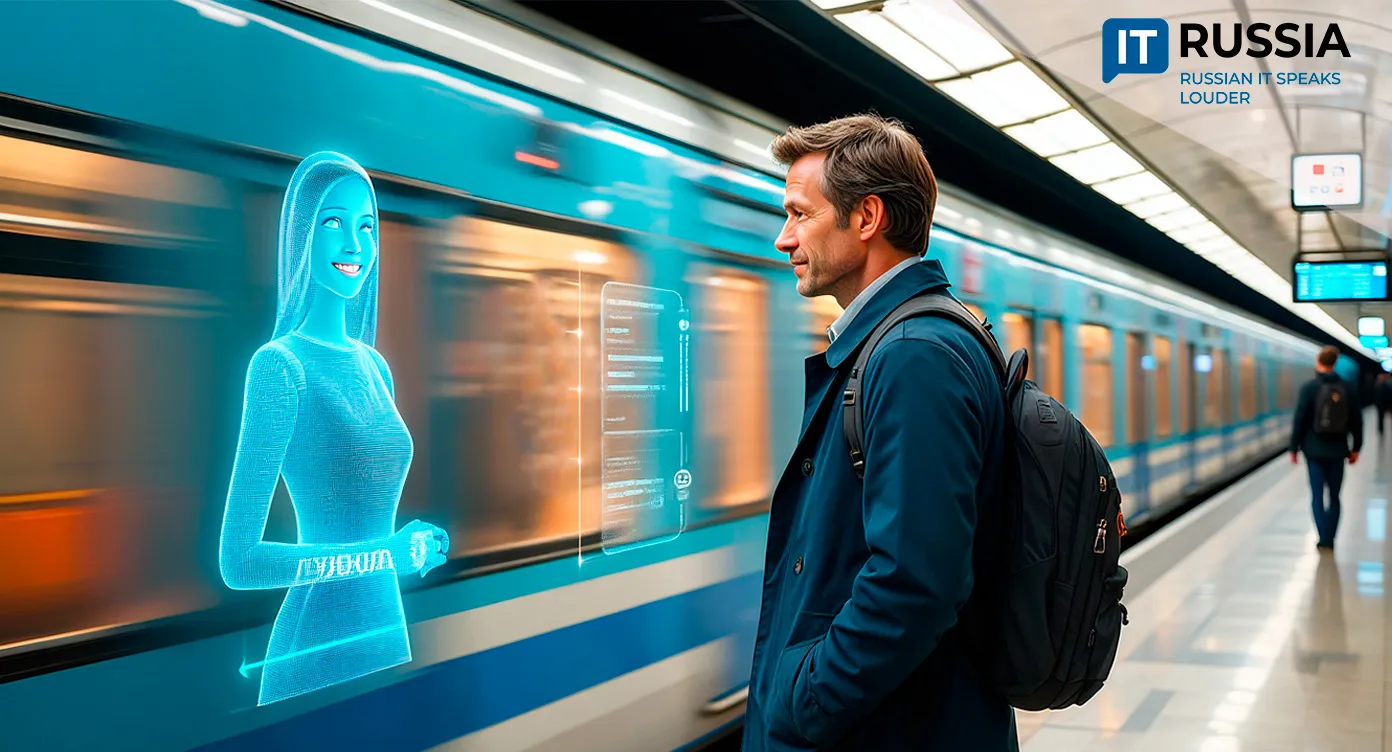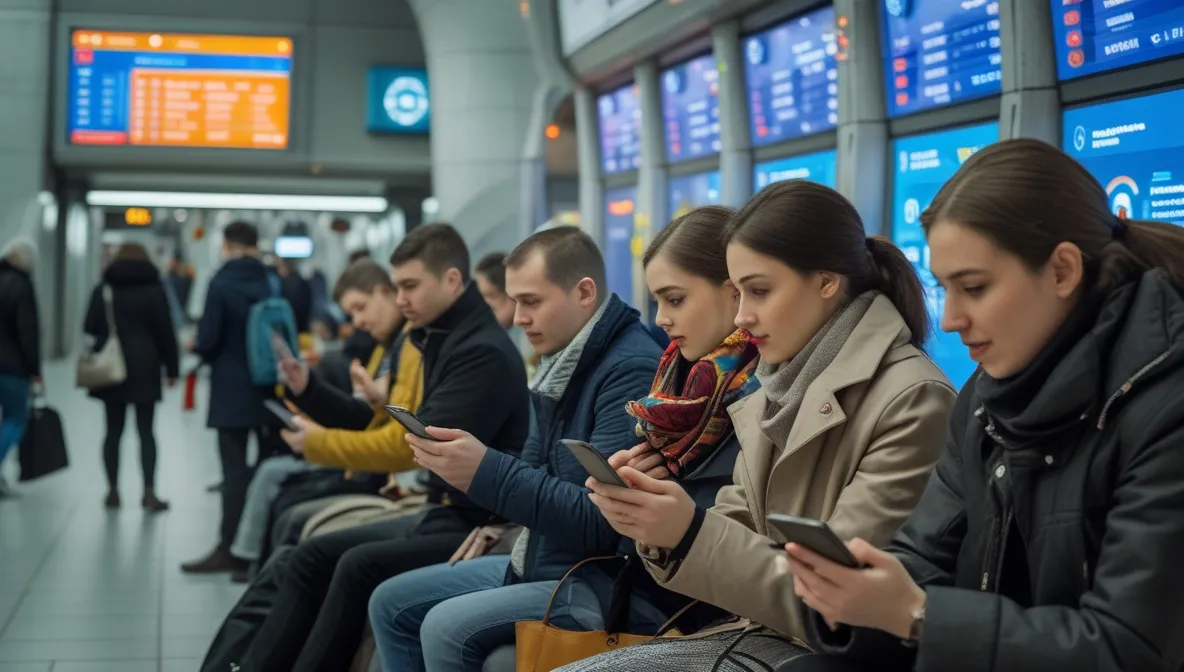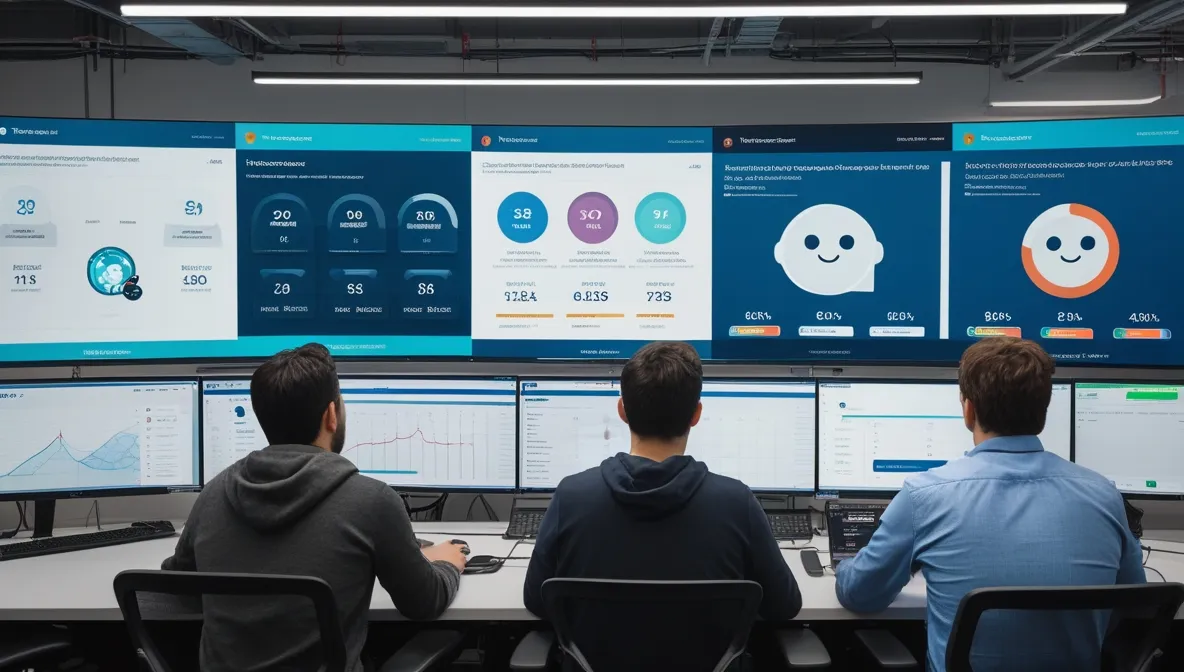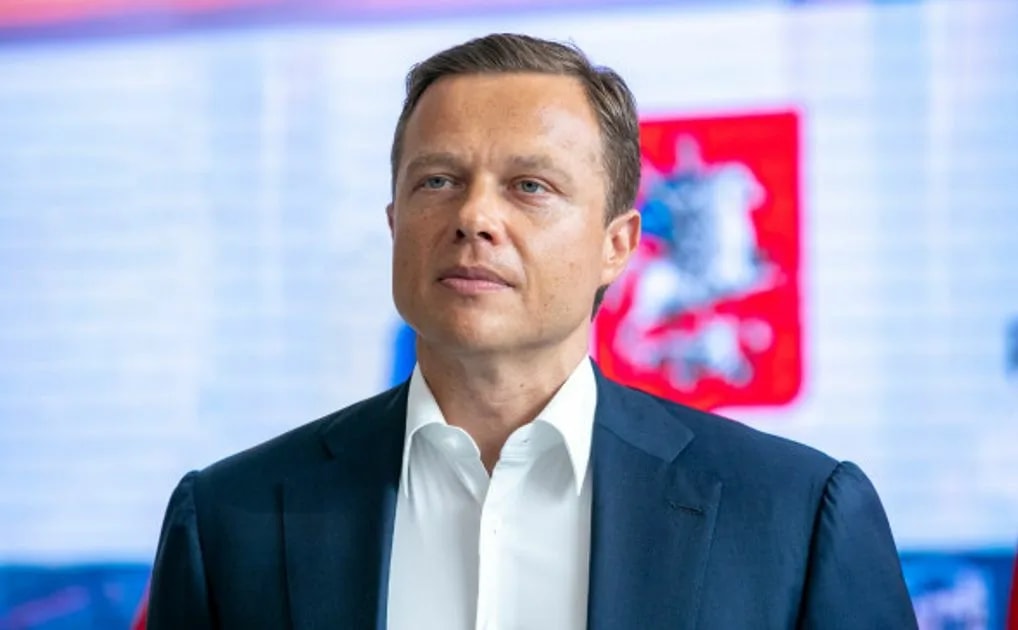Chatbot “Alexandra” Gets Smarter as Moscow Scales AI in Public Transit Services
Russia’s capital is upgrading its public transit chatbot with neural network technology, teaching it to understand conversational context, remember previous requests, and respond like a human — a move that reflects a broader push toward AI-driven smart mobility.

AI That Learns From Every Passenger Interaction
Moscow’s Department of Transport is integrating advanced neural network models into “Alexandra,” the city’s official public transit chatbot, enabling the virtual assistant to analyze past user questions, maintain conversational context, and deliver more precise answers. Since January, AI modules have already processed over 320,000 passenger inquiries, marking a major leap in automated city service support.
The chatbot now provides real-time guidance across multiple modes of transportation — the metro, Moscow Central Circle, suburban rail, Aeroexpress, taxis, carsharing, and more. It also assists with navigation, advertising rules, and passenger services. Beyond transit, Alexandra can sustain small talk about hobbies, books, or travel plans, creating a more natural, human-like interaction.

A key part of the upgrade is continuous learning: each new request expands the chatbot’s knowledge base, improves its ability to understand non-standard wording, and increases the accuracy of personalized responses. The assistant remembers previous queries, reducing repeated explanations for users.
Alexandra is available across 10 platforms, including official transport apps, the Moscow Metro website, Telegram, VK, and state digital services.
For passengers, this means 24/7 access to transit support without calling a hotline or visiting an office. For the city, it demonstrates end-to-end automation of essential services, reducing operator load and accelerating response times. For Russia, it highlights the country’s ability to develop domestic AI for critical public infrastructure — a strategic factor amid digital sovereignty efforts.
From Moscow to Other Regions
The project is designed for scalability. By 2030, officials expect Alexandra to handle over 1 million inquiries per month, with a knowledge base of 400,000 answers — a sevenfold increase in functionality.

The model can be adopted by other Russian cities as a standard smart transit interface, particularly because it uses fully domestic software stacks, protecting personal data and avoiding dependence on foreign cloud platforms. A SaaS-based version may later become an export product for smart city ecosystems in other markets.
Future upgrades may include voice interaction for seniors and visually impaired passengers, support for bikesharing and street parking inquiries, and localized AI adaptation for smaller cities.
Part of a Larger AI Mobility Strategy
The chatbot is one element of Moscow’s wider AI-powered intelligent transport system. Since 2020, Alexandra has already handled 10 million+ conversations for 1.7 million users, with a database of 60,000 pre-trained answers.

Other AI deployments in Moscow transit include:
· AI-powered call center that handles hotline requests since 2019
· Biometric fare payment in the metro using encrypted neural-network templates
· Russia’s first fully autonomous tram, already carrying 26,000 passengers
· AI scheduling system for 25 bus depots that assigns drivers automatically
· 1,500+ smart roadside cameras detecting 13 incident types in real time
Moscow’s government views AI not as a pilot experiment but as a core infrastructure layer for next-generation city services.
What’s Next: Toward a Fully Automated Passenger Support System
By 2027, officials expect Alexandra to automate up to 70% of all routine transport inquiries while still allowing passengers to switch to live agents when needed. By 2030, the chatbot platform may be licensed nationwide, forming a unified digital assistant for Russian smart cities.
The long-term plan is an AI ecosystem that merges transport, municipal services, and real-time city data into one interface — a model comparable to Singapore’s “Ask Jamie” and Seoul’s public AI assistant.










































